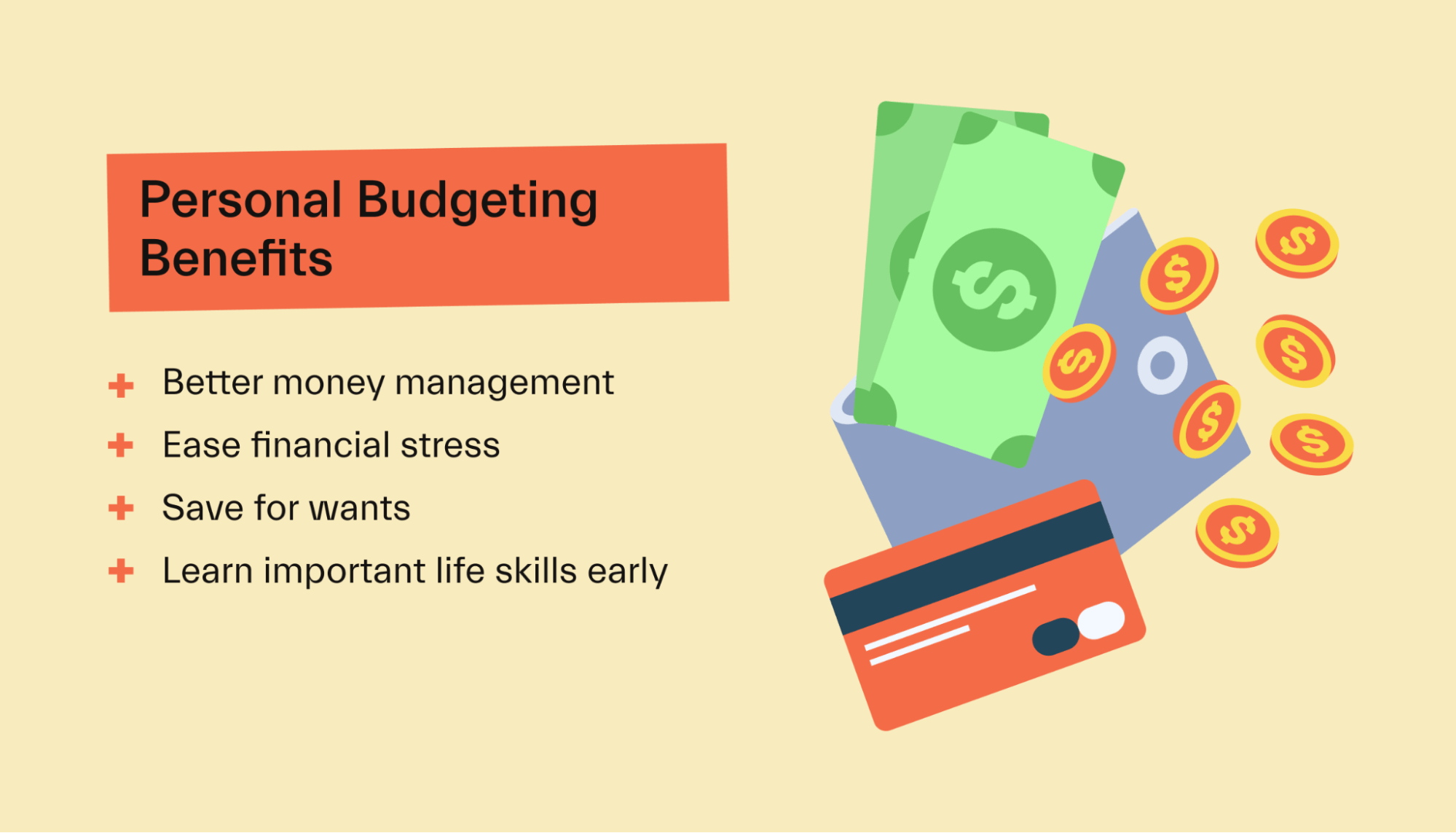Budgeting can help you take control of your personal finances, and it all starts with understanding your earning and spending. In this article, we will discuss six essential factors to consider before starting a budget. Firstly, let us discuss the importance of budgeting.
Budgeting is an effective way to determine whether we are overspending or living within our means. As Charles Dickens’ character Mr Micawber said, “Annual income twenty pounds, annual expenditure nineteen six, result – happiness. Annual income twenty pounds, annual expenditure twenty pounds six, result – misery.” Spending more than you earn can quickly spiral into debt and financial hardship. That is the reason why it is crucial to use a budget planner to analyse our personal finances.

Once you’ve decided to take control of your finances, it’s important to consider these six factors before creating your budget:
- Gather all statements and receipts: Do not estimate or guess your incomings and outgoings. Get all your bills and receipts in front of you in black and white. Additionally, keep track of all your quarterly expenses, such as your TV license or water bills, for at least three months to get an accurate idea of your monthly spending.
- Decide who your budget is for
Whether you are budgeting for yourself or your family, consistency is key. Sit down together and create a budget that everyone can follow. - Be accurate with your figures: It’s tempting to underestimate your expenses, but this is a mistake that can derail your budget. Guess larger instead of smaller to give yourself a buffer.
- Understanding the difference between credit card debt and spending: If you pay your credit card bill in full every month, it is not debt. Only enter the cost of repaying your existing credit card debt in the credit card section of your budget planner.
- Check your pension details: If you contribute to a pension by cheque or bank transfer, include it under your expenditure section. If it comes straight out of your salary, enter your net pay in the income section.
- Include one-off expenses: Whether it is a holiday, car, or special birthday treat, don’t forget to include one-off expenses in your budget planner. The MoneySaving way to account for these is to apportion the annual cost of these expenses into monthly amounts. And remember to subtract regular spending during the time of these one-off expenses.
To make budgeting easier, I recommend using my free budget planner spreadsheet. You can download either the Excel or Open Office version or print out the planner. It’s important to be honest when filling in your answers, even if you don’t like the end result. This budget planner is based on my rock-solid budgeting theory, which accurately maps your genuine incomings and outgoings over a year and helps you assess whether your budget balances.
In conclusion, budgeting is an essential step towards financial stability and start saving money. By following these six factors and using my budget planner, you can take control of your finances and achieve your financial goals.

